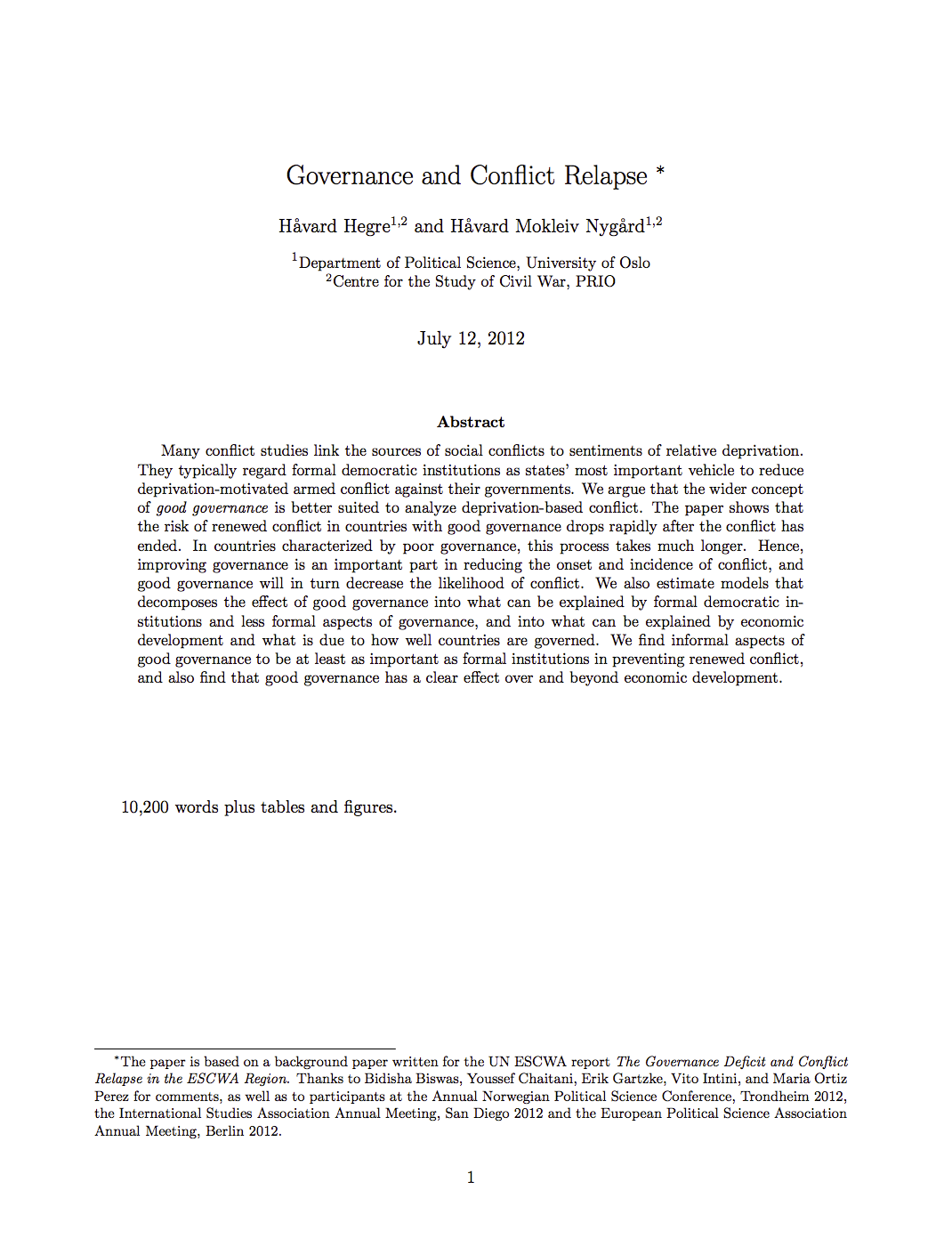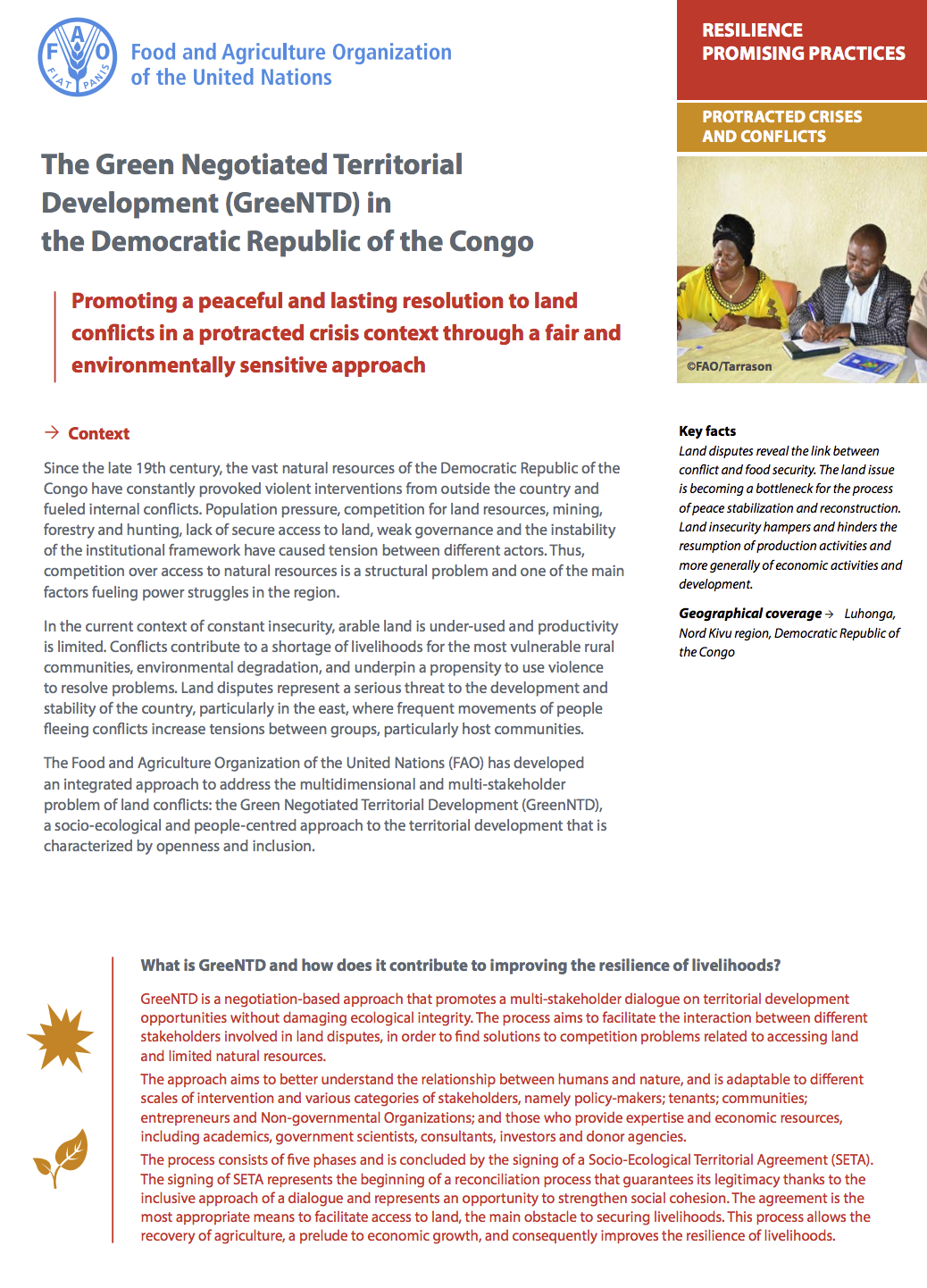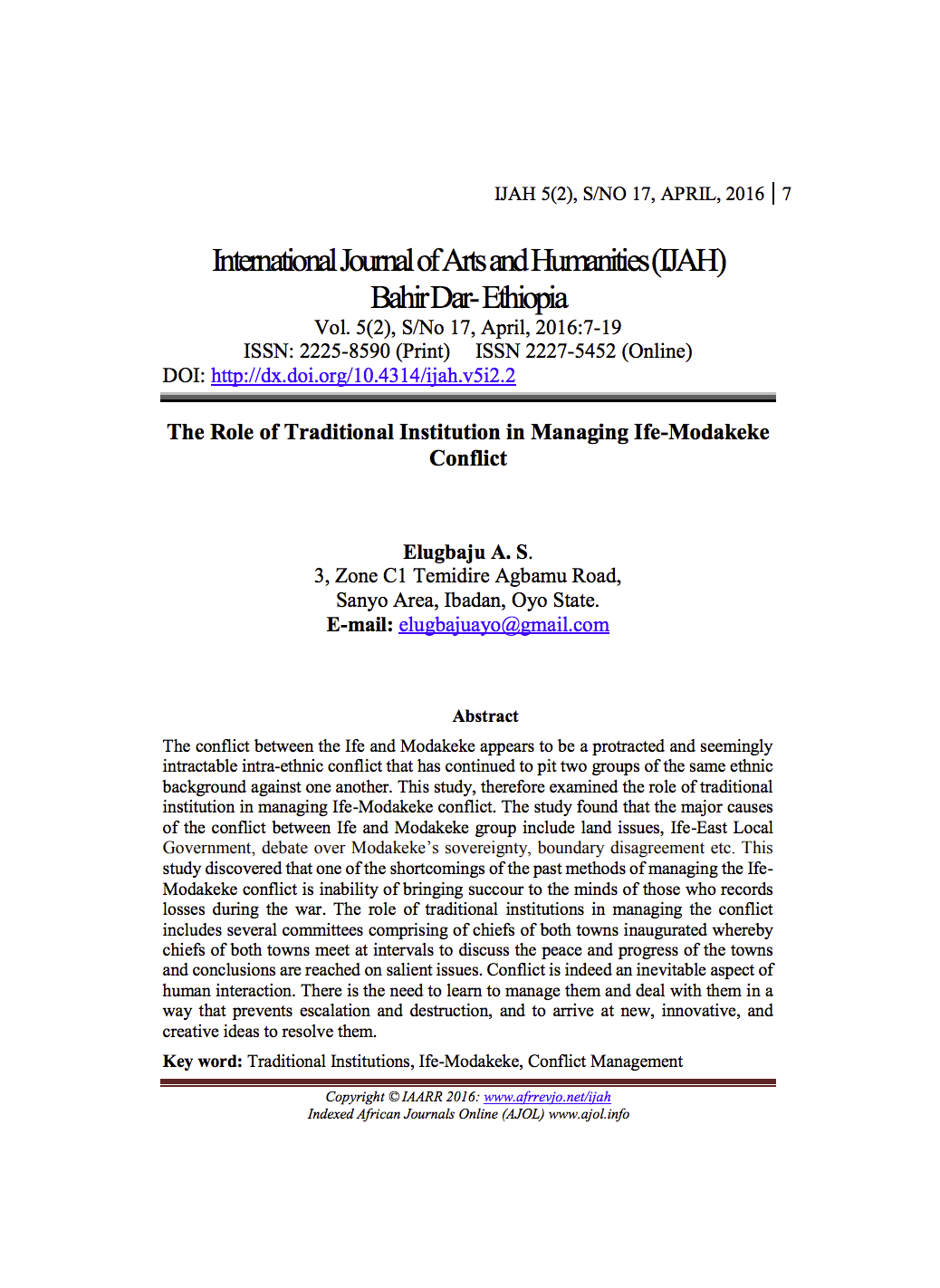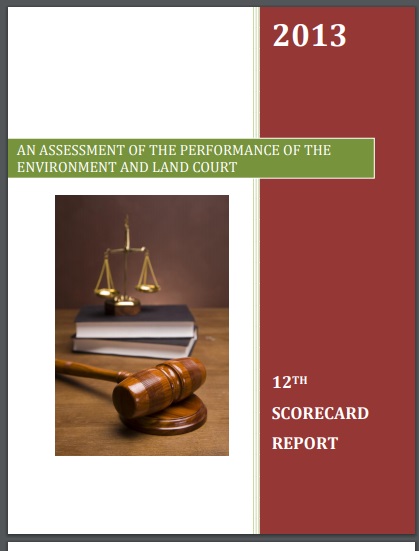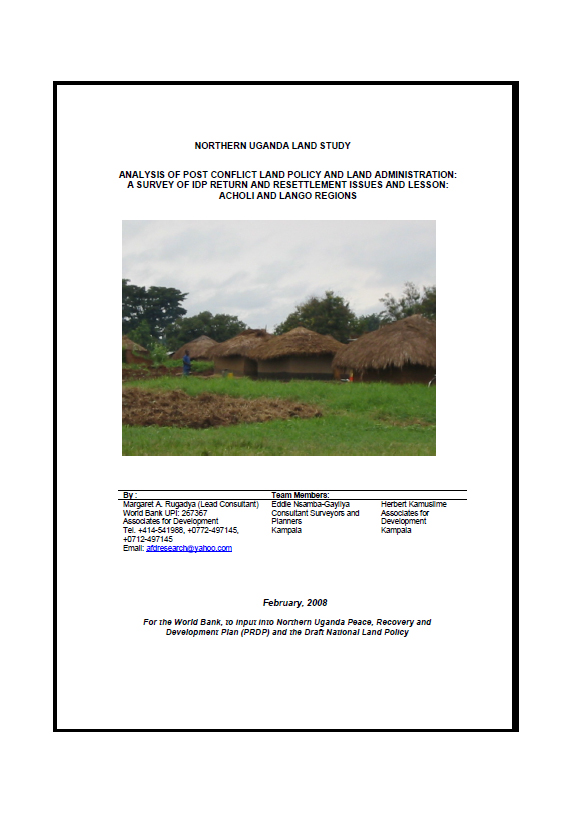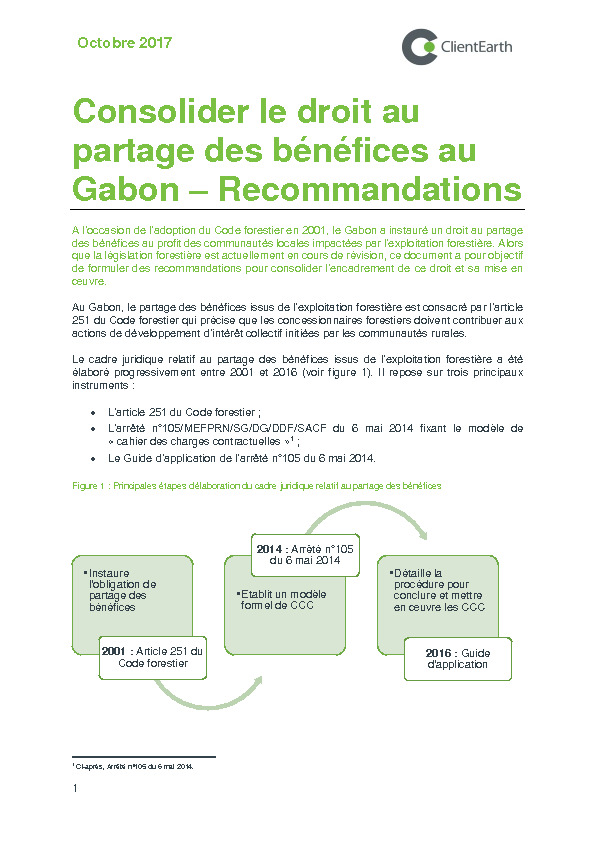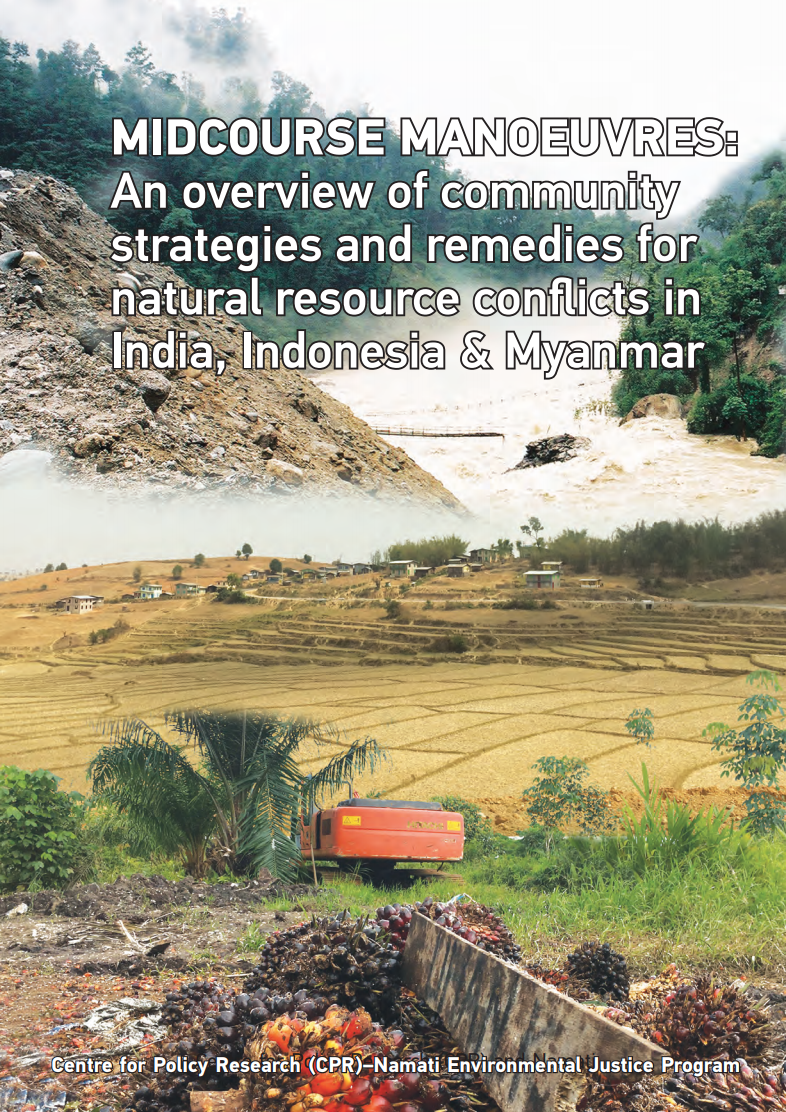Governance and Conflict Relapse
Many conflict studies link the sources of social conflicts to sentiments of relative deprivation. They typically regard formal democratic institutions as states’ most important vehicle to reduce deprivation-motivated armed conflict against their governments. We argue that the wider concept of good governance is better suited to analyze deprivation-based conflict. The paper shows that the risk of renewed conflict in countries with good governance drops rapidly after the conflict has ended. In countries characterized by poor governance, this process takes much longer.

